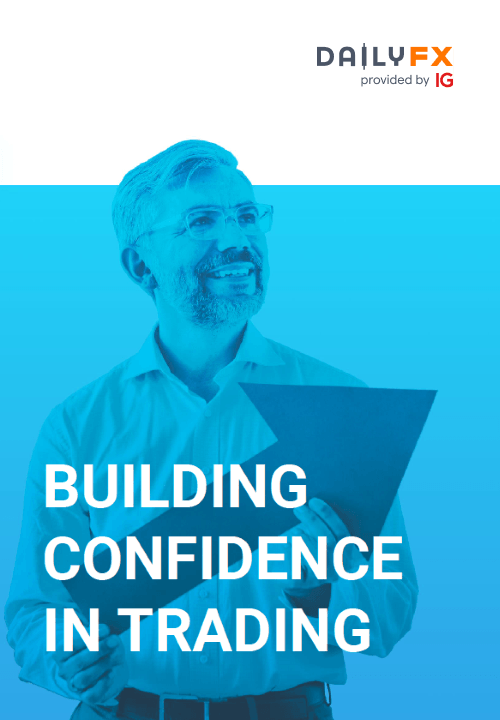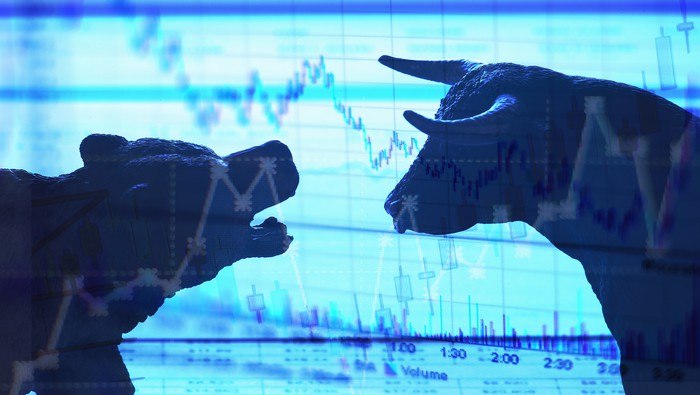To begin today’s session, we first examined the age-old cliché – “Don’t trade with emotion.” For starters, is this even possible? We are not robots
To begin today’s session, we first examined the age-old cliché – “Don’t trade with emotion.” For starters, is this even possible? We are not robots and so we should not try and act like one and suppress what is going on inside our head.


Recommended by Paul Robinson
Traits of Successful Traders
Discretionary traders are not programming trade criteria and removing the ‘self’ from the decision-making process as say a quantitative trader would.
But while not trading quantitively you still need to have hard-fastened rules in place to guide the decision-making process and manage risk. A trading plan. This is the first step towards mitigating negative emotions (i.e. fear) and emphasizing positive ones (i.e. conviction).
But no matter how prepared you are, you will still have to face the thoughts and feelings that impact your trading. It all begins with self-awareness. Developing good self-awareness means you have a good understanding of yourself and your strengths and weaknesses.
Let’s start with fear, for example, it’s a very common weakness experienced in trading. Something is causing it, but what exactly? A common culprit is trading too big. When trading with improper trading size you magnify volatility unnecessarily and it causes you to make irrational mistakes you normally wouldn’t make if trading with proper risk limits in place. The simple solution? Reduce your trading size to a manageable level.
It could be a larger problem at hand that is causing you to be fearful. Perhaps you’ve had a bad run and are experiencing a drawdown. While drawdowns are a natural part of trading, if not controlled they can become severe enough to cause not only monetary damage but psychological damage as well.
If you reach this point, the first piece of advice is to acknowledge you are struggling and take a break away from the markets. Get out of the fire. The time-off is almost certainly to make you feel better right away. Once you have been able to decompress, then it is time to get at the root of problem(s).
From there, fix the issues at hand one at a time, otherwise if you try to fix everything at once you will overwhelm yourself. Once you are confident you have the necessary fixes in place return to trading with inconsequential trading size. Your goal at this point is to get back on track by making quality trades that build your confidence back up, not try to make back all your losses quickly.


Recommended by Paul Robinson
Building Confidence in Trading
Conviction, excitement are key emotions we want to feed off of. You should feel good as you pull the trigger. It’s the final piece of any good trade just before execution – conviction. If you do not have a level of conviction that urges you to go ahead and pull the trigger, then there is a good chance you are not in the ‘right’ trade. By ‘right’ it is meant the correct trade according to your analysis.
To be clear, good trades can and will be losers just as bad trades can be winners. The idea is to keep yourself winning and losing on only good trades. Stopping to make sure you really do have conviction on a trade idea will help ensure this.
If you are lacking conviction or excitement but still have a good set-up, then it could be market-related (i.e. too volatile) or personal (you’re experiencing fear perhaps to recent losses). Staying away from market conditions that don’t fit your strategy is prudent. Not trading when you are experiencing fear un-related to the market means you have some work to do in figuring out how to move past this. Often times it is as simple as reducing trading size by a material amount.
Foundational Trading Knowledge
Trading Discipline
Recommended by Paul Robinson
Feeling greedy, overconfident? The good news is that overconfidence is probably coming as a result of having good results. The bad news is that if you aren’t careful you will get reckless and end up in a drawdown or worse.
Recognizing this (self-awareness) and acknowledging this state of mind is first. This a good time to make sure you are using proper trade mechanics (i.e. sticking to stops, targets, good risk/management, good trade set-ups…). When you are doing well, there may be inefficiencies in your trading that you are overlooking. It is possible that you could be doing even better, or that you are doing things that in the long-run will do more damage than they have good.
To summarize: It all starts with SELF-AWARENESS. Listening to your emotions and understanding them and how they can impact your ability to make good decisions. By listening to yourself you can match the objective (cause) with the subjective (emotion) to help ensure you are trading in the right frame of mind.


Recommended by Paul Robinson
Top Trading Lessons
For the full set of details, please see the video above…
—Written by Paul Robinson, Market Analyst
You can follow Paul on Twitter at @PaulRobinonFX.
element inside the
element. This is probably not what you meant to do!Load your application’s JavaScript bundle inside the element instead.
www.dailyfx.com
